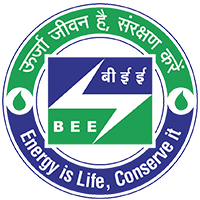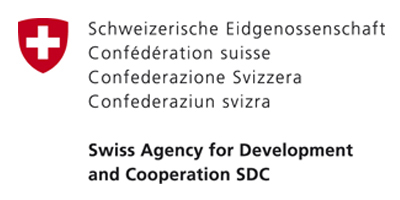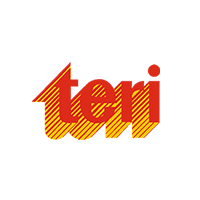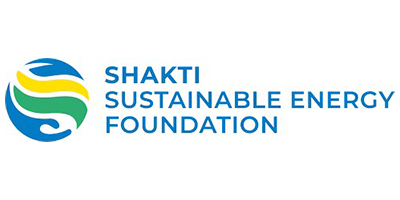The theme of this issue is solar thermal technology, which enables the conversion of sunlight to heat energy that can be used for a range of applications including industrial process heat. The theme article outlines two significant projects to promote solar thermal technology with focus on the MSME sector: one being implemented by UNIDO and Government of India with funding support from the GEF; and the other, a study being conducted by TERI with support from Shakti Sustainable Energy Foundation (SSEF). The article includes a few examples of techno-economic studies as well as snapshots of two implementations.
The issue also summarizes a webinar held on 20th November 2024 by the Solar Energy Society of India (SESI), International Solar Energy Society (ISES), SSEF, and TERI to accelerate deployment of solar thermal projects for industrial and other heat applications.





